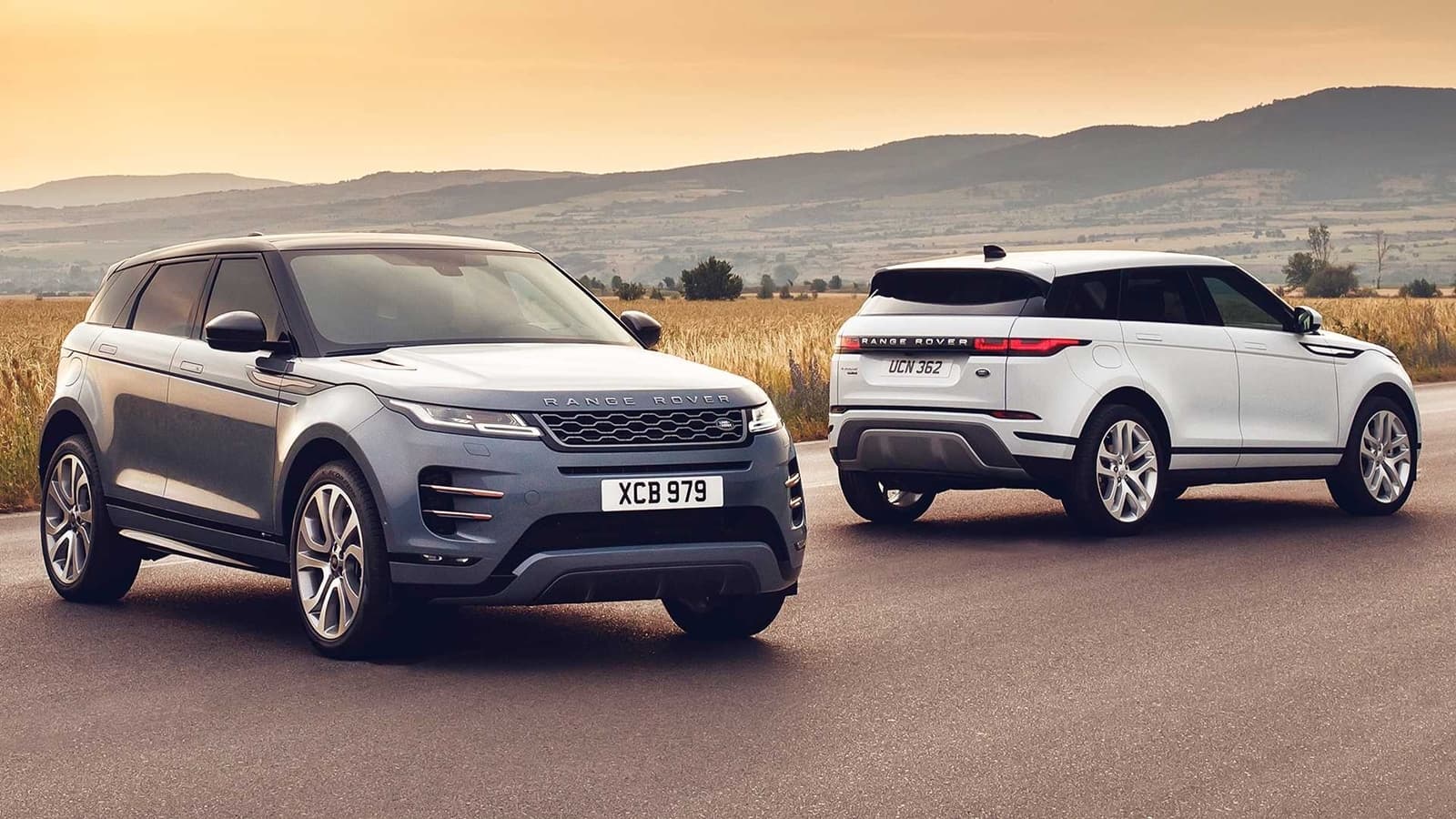The British Jaguar Land Rover group, owned by Tata, has recently embarked on Project Zeus, an initiative through which the company wants to develop hydrogen fuel cell technology. The objective is that the third generation of the Range Rover Evoque (scheduled for the second half of the decade) is responsible for releasing this powertrain.
This decision responds to the British government’s plan to ban the sale of thermal vehicles by 2035. Although Jaguar Land Rover already has a battery-powered electric car (the Jaguar I-Pace), several more will be added in the short term (Jaguar XJ, Jaguar J-Pace, Road Rover …), the company does not want to focus solely on such technology.
Nick Rogers, head of product engineering for the English group, has confirmed that a prototype equipped with a hydrogen fuel cell will be presented shortly. “We are looking for the right propulsion systems, those that interfere minimally with the environment. We believe that Hydrogen will play a key role. We are developing and investing in it, and we are receiving great support to do so.”
This technology will be mainly focused on the bulky Land Rover models, specifically the Range Rover Velar, Range Rover Sport, and Range Rover. For its part, Jaguar will focus on battery-electric cars, although some of its SUVs may also have hydrogen options.
“Hydrogen is ideal for large vehicles because of the bigger a car, the lower the battery pack’s performance. […] There comes the point where you are manufacturing vehicles so heavy that you have to dedicate a lot of energy just to be able to displace that weight,” says Rogers when defending the fuel cell against batteries.
Jaguar Land Rover will collaborate with Delta Motorsport, Marelli Automotive Systems, and the UK Battery Industrialisation Center during Project Zeus development. This commitment to Hydrogen occurs in parallel to the abandonment of several companies (Daimler, Honda, Volkswagen) of their respective projects to focus on batteries.

